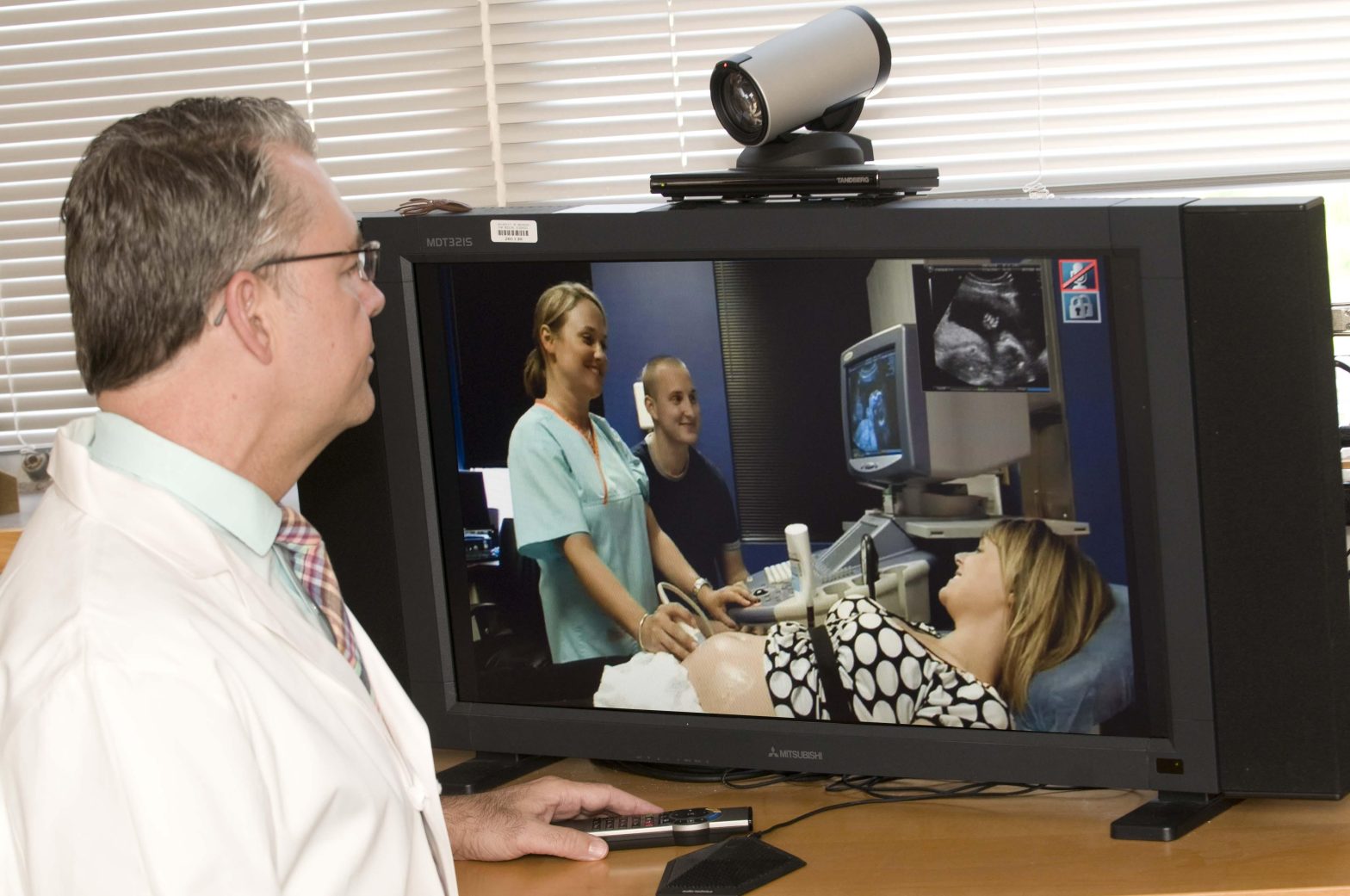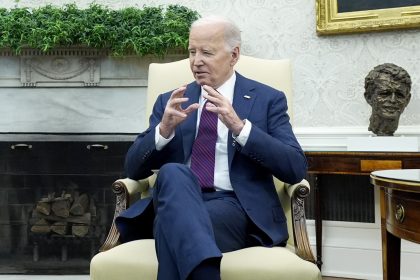How the Pandemic is Changing Telehealth Investments in Rural Areas

The Biden Administration is investing more than $19 million to expand telehealth access to rural and underserved communities, and Mend, a telemedicine and AI-powered patient engagement platform, is looking to prioritize access in rural areas where there is less internet connectivity.
“In rural spaces, you still have people who have low internet connectivity. Our platform is still able to maintain connections to 3G and some to 2G, which helps us to serve populations with low bandwidth,” said Brandon Worley, president and cofounder of Mend.
A 2019 report from the Federal Communications Commission found that while just 6% of the overall population lacked high-speed internet, 26% of those in rural areas and 32% of those living on tribal lands lacked such connectivity.
Since 2014, Mend has been operational in all 50 states, supporting over 17,000 providers and averaging about 400,000 virtual visits per month in urban locations like New York City, to rural communities like Native American Indian reservations.
One of the rural communities that Mend has worked with since 2020 is called the Kickapoo Tribal Health Center located in rural Oklahoma. The Center offers medical care both virtually and in-person to tribal members seeking behavioral health, dental, family medicine, pediatric treatment, and many other specialties.
“These visits can be done from a cell phone or computer or tablet with a camera. We do understand that some patients may not have access to the internet or have devices with a camera, so we do offer telephone visits,” it states on the Kickapoo Tribal Health Center website.
“The U.S. government has recognized the need for audio-only patients who don’t have access to the right equipment, but the provider still has to have the capability,” said Worley.
That’s why Mend’s platform offers the capability for the provider to make an actual phone call from the platform for those living in rural areas that do not have enough bandwidth to support other technological mediums such as video conferencing.
Two additional features make Mend’s platform more user-friendly for individuals living in rural areas.One is the unique dialer feature, which allows providers to have a conversation with a patient over the phone in a safe and secure way that protects provider privacy, and can notify the provider of critical updates, reducing the amount of wasted, non-reimbursable time.
The other is a first-ever artificial intelligence machine learning algorithm capable of predicting no-shows and cancellations before they happen with 99% accuracy.
The feature works by reviewing demographic and appointment data from a provider’s master scheduling system for things like whether the patient has completed their intake form. If they have, 98-99% of the time the patient will attend their appointment.
“In the U.S., we average a 23% no-show appointment rate, meaning that one person out of four on the schedule isn’t going to come in. That’s an appointment spot that could be available to someone who needs it,” said Worley.
In fact, Worley and McBride said that the pandemic has shown an improvement in patient attendance for medical appointments because of telehealth.
One of the other co-founders of Mend, Matt McBride, said that telehealth technologies were available before the pandemic, but there were more legal restrictions in place which limited access to these services for providers and patients, especially in rural areas.
One reason why there may have been so many limitations on telehealth services prior to the pandemic, McBride said, is that the government was fearful that people would go to the doctor more with telehealth services, creating “bad calculations in the budget office.”
“The pandemic helped prove and provide that data to the government that patients wouldn’t start going to the doctor more frequently because of telehealth,” said McBride.
During the pandemic, 22 states changed laws or policies to require more insurance coverage of telemedicine, focusing on areas like requiring coverage of audio-only services, or waiving cost sharing or requiring cost sharing no higher than identical in-person services.
“The pandemic created waivers to open up telehealth services, and hopefully that will stay, as it is currently in place for behavioral health, but is not yet permanent for all other specialties,” said Worley.
One of the waivers from CMS, called the 1135 waiver, directed that Medicare could pay for office, hospital, and other visits furnished via telehealth across the country, including in a patient’s place of residence, for the duration of the COVID-19 Public Health Emergency.
CMS also recently proposed a new rule for Medicare beneficiaries, especially those living in rural and underserved areas, to expand access to telehealth mental health services for rural populations by allowing Medicare to pay for mental health visits through telehealth when they are provided by Rural Health Clinics and Federally Qualified Health Centers.
“Telehealth is here to stay, the government supports it and continues to support it, and a lot of organizations have seen better outcomes, savings, and better value-based care,” said Worley.
























